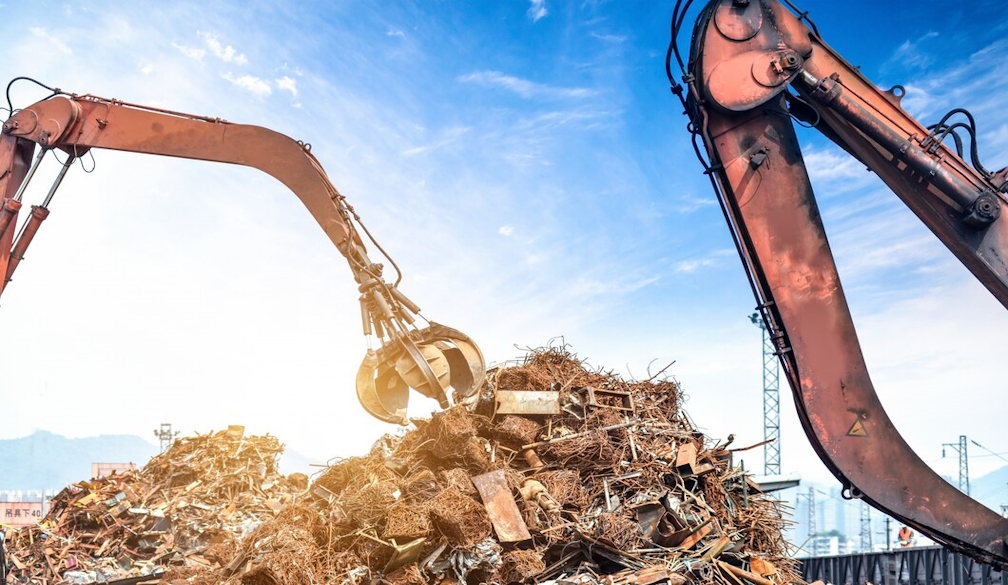How to Safely Handle and Transport Scrap Metal

Scrap metal recycling is an essential practice in Brisbane, contributing to sustainability and environmental conservation. However, handling and transporting scrap metal require careful attention to safety protocols to prevent accidents and injuries. This guide aims to provide Brisbane residents with essential tips for safely handling and transporting scrap metal.
Understanding Scrap Metal:
Before diving into handling and transportation tips, it's crucial to understand the types of scrap metal commonly found in Brisbane. Ferrous metals, including iron and steel, and non-ferrous metals like aluminum, copper, and brass, are frequently recycled. Knowing the properties and characteristics of each type helps in safe handling and sorting.
Safety Precautions:
- Personal Protective Equipment (PPE):Wear appropriate PPE, including gloves, safety goggles, and sturdy footwear, to protect against cuts, burns, and eye injuries.
- Tool Safety:Use tools designed for handling metal, such as pliers, wire cutters, and lifting equipment. Inspect tools for damage before use to prevent accidents.
- Sharp Object Awareness:Be cautious of sharp edges and protrusions on scrap metal. Handle with care and avoid direct contact with bare skin.
- Lifting Techniques:Use proper lifting techniques to prevent strains and back injuries. Bend your knees, keep your back straight, and lift with your legs when moving heavy metal objects.
- Secure Workspace:Maintain a clean and organised workspace free of clutter and tripping hazards. Secure metal pieces to prevent them from rolling or shifting during handling.
Transportation Safety:
- Vehicle Selection:Choose a suitable vehicle for transporting scrap metal, considering the weight and size of the load. Ensure the vehicle's capacity meets or exceeds the weight of the scrap metal being transported.
- Secure Loading:Properly secure scrap metal loads using straps, chains, or ropes to prevent shifting or falling during transit. Distribute the weight evenly to maintain vehicle stability.
- Visibility and Signaling:Use reflective markers and flags to increase the visibility of the vehicle, especially when transporting oversised loads. Signal intentions clearly when changing lanes or turning to alert other motorists.
- Obey Traffic Laws:Adhere to speed limits and traffic regulations while transporting scrap metal. Avoid sudden stops and maneuvers that could lead to accidents or cargo spills.
- Inspect Regularly:Conduct regular inspections of the vehicle and securing equipment to ensure everything remains in proper working condition. Address any issues promptly to maintain safety standards.
Legal Considerations:
- Permit Requirements:Familiarise yourself with local regulations and permit requirements for transporting scrap metal in Brisbane. Obtain necessary permits or licenses to avoid fines or legal complications.
- Environmental Compliance:Dispose of scrap metal responsibly and in accordance with environmental guidelines. Avoid illegal dumping or disposal practices that harm the environment and incur penalties.
Conclusion:
Safely handling and transporting scrap metal is crucial for both personal safety and environmental responsibility. By following the tips outlined in this guide, Brisbane residents can contribute to sustainable recycling practices while minimising the risk of accidents and injuries. Remember to prioritise safety at every step of the process, from handling and loading to transportation and disposal.
























